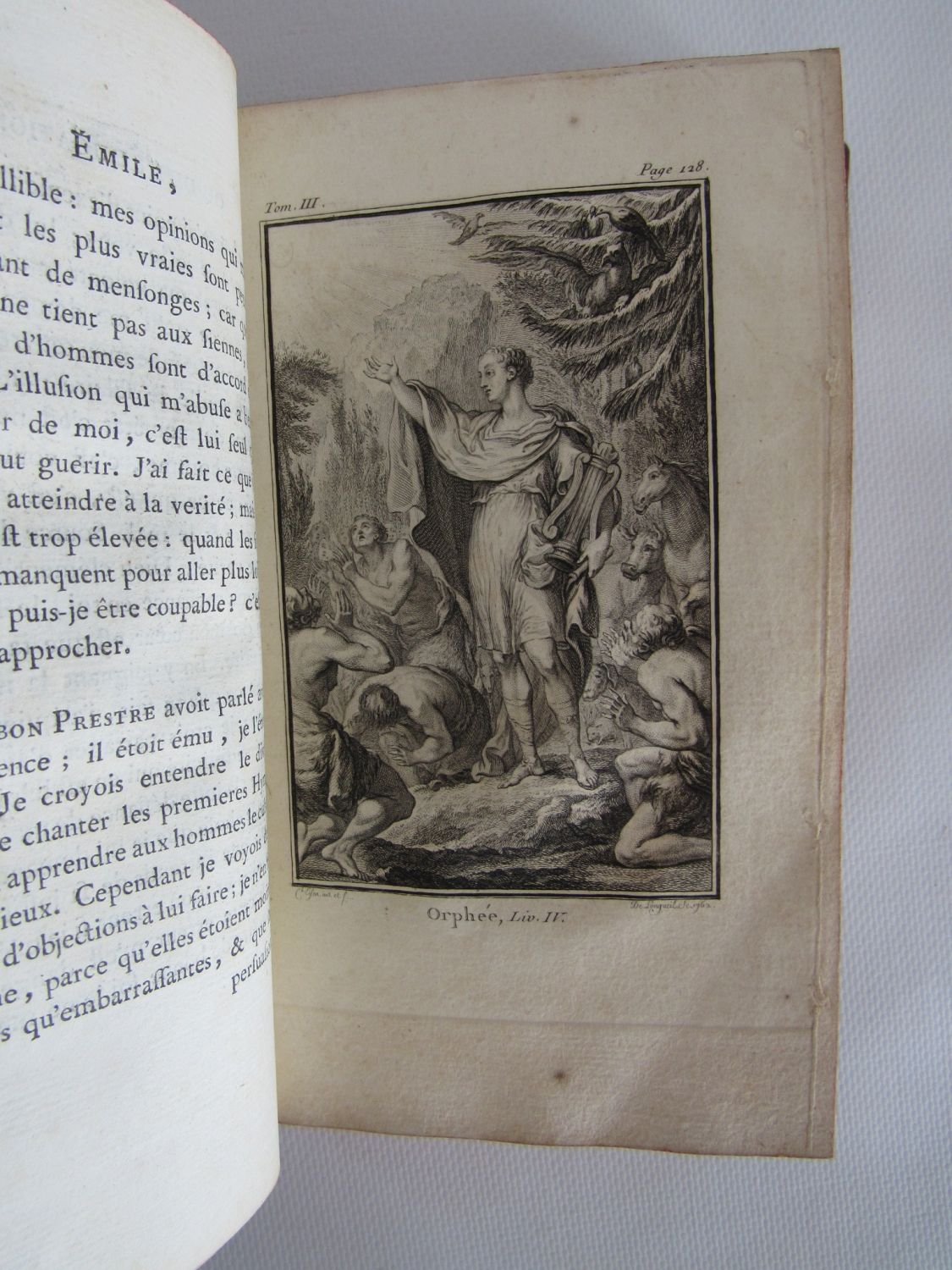

His ideal is an effective, harmonious human civilization, and he hopes to arrive there through philosophy. Written by anshika chauhan and other people who wish to remain anonymousĪs a political philosopher, some might say, Rousseau's governing priorities all relate to the success of society. We are thankful for their contributions and encourage you to make your own. It is a condition of access that users recognise and abide by the legal requirements associated with these rights.These notes were contributed by members of the GradeSaver community. If the document is available under a Creative Commons License (or other specified license) then refer to the Licence for details of permitted re-use. Unless the document is being made available under a Creative Commons Licence, you must assume that re-use is limited to personal use and that permission from the copyright owner must be obtained for all other uses. Past > QUT Faculties & Divisions > Faculty of EducationĬopyright 2001 Board of Trustees / University of Illinois For Gay, the latter is “probably the most influential revolutionary tract on education that we have.” The significance of Locke’s Some Thoughts on Education is weighed in relation to its impact on Rousseau‘s Émile. a book comparable to Plato’s Republic, which it is meant to rival or supersede” and argued that Rousseau himself was at the source of a new tradition: “Whatever else Rousseau may have accomplished, he presented alternatives available to man more comprehensively and profoundly and articulated them in the form which has dominated discussion since his time." Even Peter Gay’s earlier commentary on John Locke and education in 1964 could not escape this central positioning of the text. In 1995 Robert Wokler argued that together with Montesquieu, Hume, Smith, and Kant among his contemporaries, Rousseau had exerted the most profound influence on modern European intellectual history, “perhaps even surpassing anyone else of his day." For Wokler Émile is “the most significant work on education after Plato’s Republic.” Earlier in 1977, Allan Bloom questioned why Émile had not been the subject of analysis in philosophy relative to the rest of Rousseau‘s work, for “Émile is truly a great book, one that lays out for the first time and with the greatest clarity and vitality the modern way of posing the problems of psychology.” Bloom also saw Émile as “one of those rare total or synoptic books.

Jean-Jacques Rousseau’s Émile, ou de I’Education (Émile, or on Education) has been described by Rousseau scholars in latter twentieth century English-language philosophy as an educational classic.


 0 kommentar(er)
0 kommentar(er)
